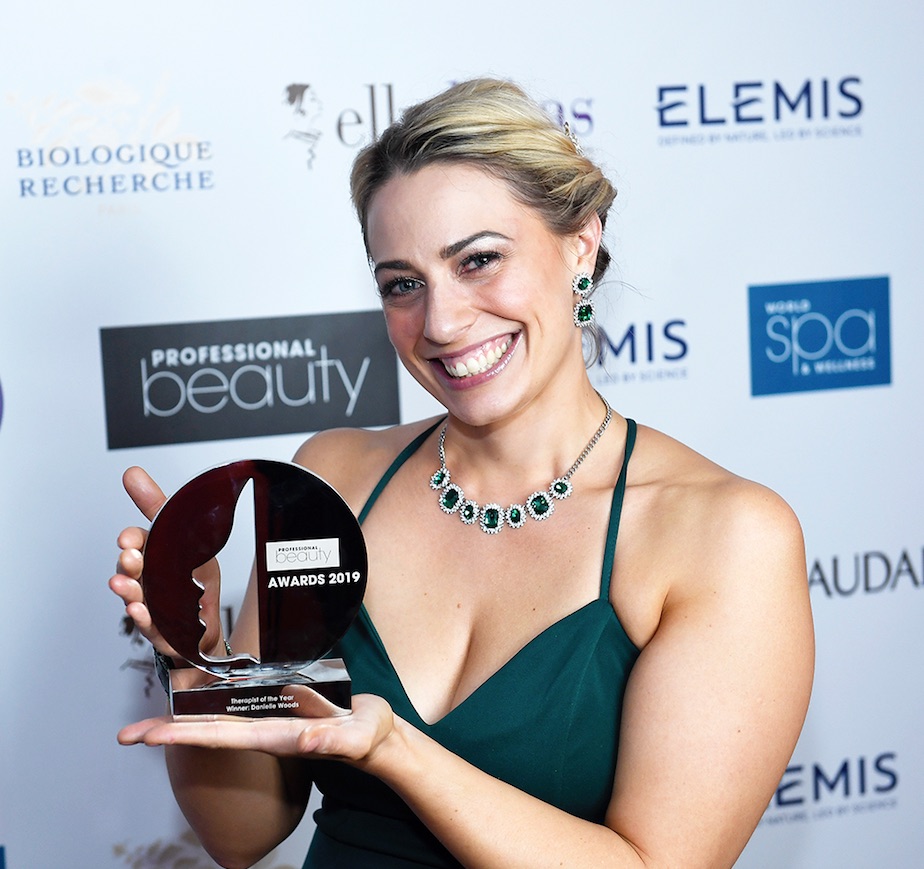Does anti-pollution skincare actually work?

Pollution. It’s the buzz word of this century and anyone who is anyone is invested, whether you’re consciously reducing your use of plastic, exploring a vegan diet or up-cycling clothes and furniture. Consumers are changing their habits to try and reverse the impact of environmental damage to the planet, and now to reduce the impact pollution has on our largest organ, the skin.
Scientifically proven to be the second most harmful aggressor to skin, there are many components that make up pollution – particular matter such as dust, microscopic bits of dirt, chemicals and pesticides; toxins such as cigarette smoke, car fumes and bi-products of agricultural farming; and even the ozone, despite providing a protective barrier to life on earth it can be toxic to the human body.
What is really significant is that pollution is now everywhere and these particles are small enough to enter the body through our airways and pores. With the UK beauty market worth more than £17 billion, it is no surprise that there are a plethora of anti-pollution products now available, but the choice can be overwhelming.
If you break down the scientific jargon then it is simple – our air quality is not as clean as it used to be and as a result, our bodies and the natural antioxidants within them are not able to neutralise the threats fast enough, therefore, our DNA is under constant attack.
This is where the relationship between therapist and client is irreplaceable because we can use our professional knowledge to recommend a personalised skincare regime to defend and fight back against environmental damage.
My six anti-pollution skincare recommendations are:
- Double cleanse in the evening – a micellar water or oil is best for the first cleanse to remove superficial dirt and particles of pollution, followed by a foaming cleanser to cleanse the skin and pores
- A weekly exfoliation, chemical or mechanical, is a must – my preference is for chemical due to the benefits of the additional antioxidants gained from an AHA
- Apply a serum that provides vitamin B3 to fight free radical damage
- Invest in a hydrating moisturiser to provide a protective barrier function to the skin
- Use an SPF 30 as advised by The Skin Cancer Foundation
- Add an evening product to your regime to aid the skin during its heal and repair phase.
The best advice we can give our clients is to protect the skin’s barrier and repair dehydration with a consistent routine. I’m also a firm believer in a healthy diet to supplement the skin’s antioxidants and hydration, so a continued effort to fight pollution from the inside alongside a topical regime is the number one priority.
 Danielle Woods works at The Woodland Spa in Burnley and won Therapist of the Year at the 2019 Professional Beauty Awards. She is also a skincare ambassador for Decléor.
Danielle Woods works at The Woodland Spa in Burnley and won Therapist of the Year at the 2019 Professional Beauty Awards. She is also a skincare ambassador for Decléor.


